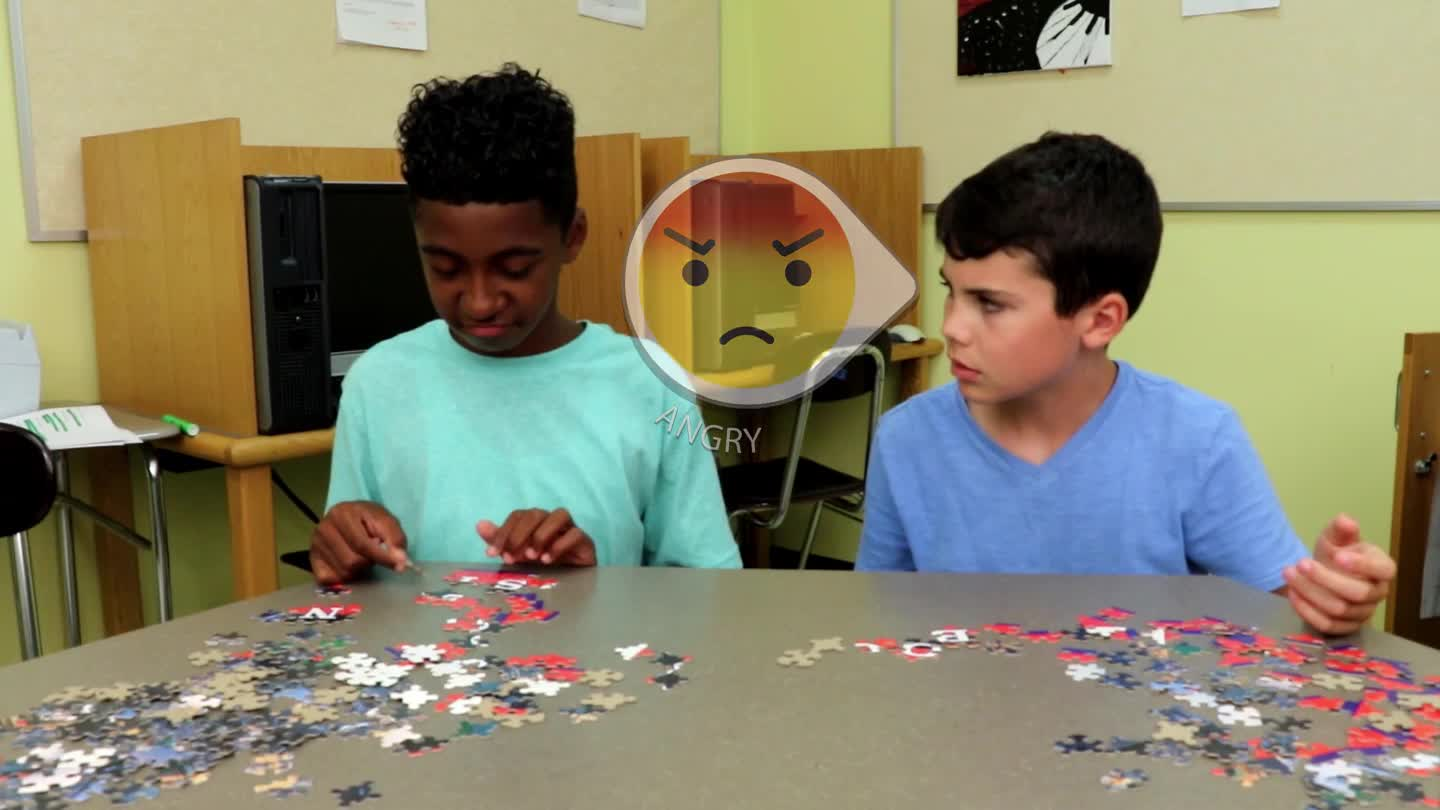
Introduction
Playing with others is an essential part of kindergarten education, as it helps young students develop important social-emotional skills. While playing, children need to learn how to share, ask for permission, and consider the feelings of their peers. This blog post explores a simple no-prep activity for educators to teach these skills, along with discussion questions and related skill-building suggestions.
No-Prep Activity
Here’s an activity that requires no preparation or materials from the educator. It’s called “The Sharing Circle.”
- Ask the students to sit in a circle.
- Give one student a small toy or object, such as a ball or a stuffed animal.
- Instruct the student holding the object to say something nice about the person sitting next to them, then ask if they can pass the object to that person.
- Continue the process, with each student saying something positive about their neighbor and asking if they can pass the object along.
- Once the object has made its way around the circle, discuss the importance of asking for permission and sharing with others.
This activity helps students practice asking for permission and sharing in a positive, supportive environment.
Discussion Questions
Here are some questions to stimulate further discussions:
- How did it feel when someone said something nice about you and asked permission to pass the object?
- Why is it important to ask for permission before taking something that someone else is using?
- What are some other ways we can practice sharing and asking for permission during playtime?
- Can you think of a time when someone didn’t ask for permission and it made you feel upset? How could that situation have been handled differently?
- How can we remember to ask for permission and share when we’re playing with our friends?
Related Skills
Besides sharing and asking for permission, there are other relevant skills that students can develop during playtime:
- Active listening: Encourage students to pay attention to their peers and respond appropriately during play.
- Empathy: Teach students to understand and respect the feelings of their peers when playing together.
- Cooperation: Help students learn to work together toward a common goal, such as completing a puzzle or building a tower.
- Conflict resolution: Train students to address disagreements or misunderstandings peacefully and constructively during play.
Next Steps
Now that you have a better understanding of how to teach kindergarteners the art of sharing and asking for permission during play, it’s time to put these techniques into practice. To further support your students’ social-emotional learning, sign up for free samples of these skills and more at Everyday Speech.

